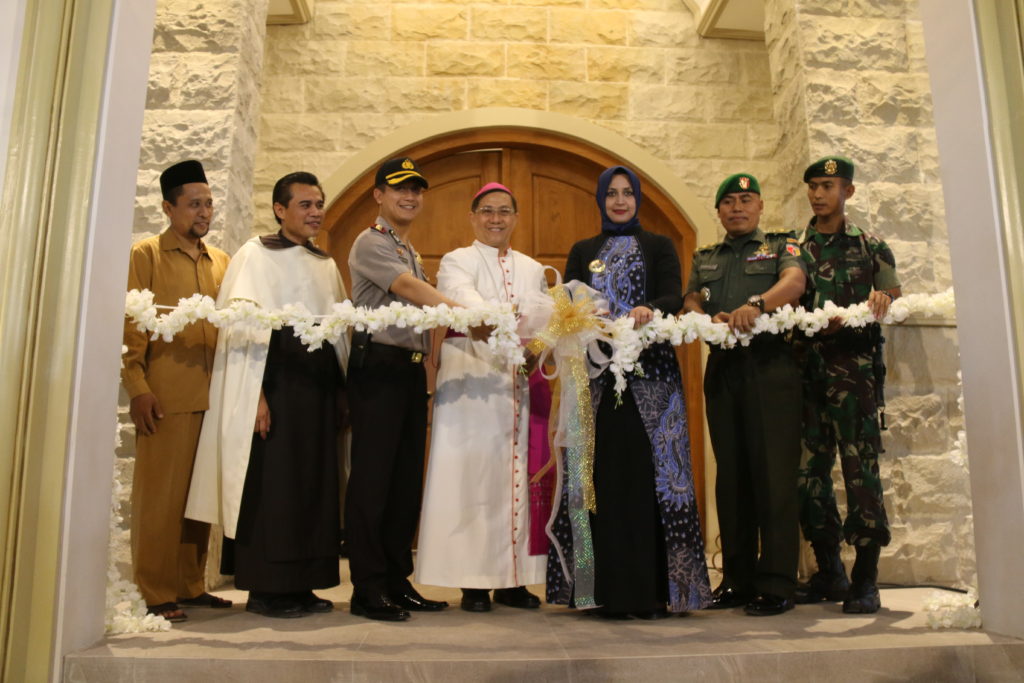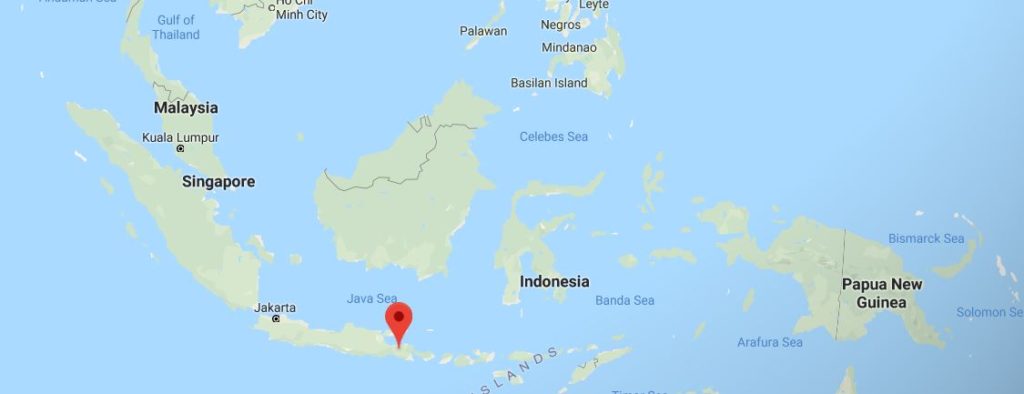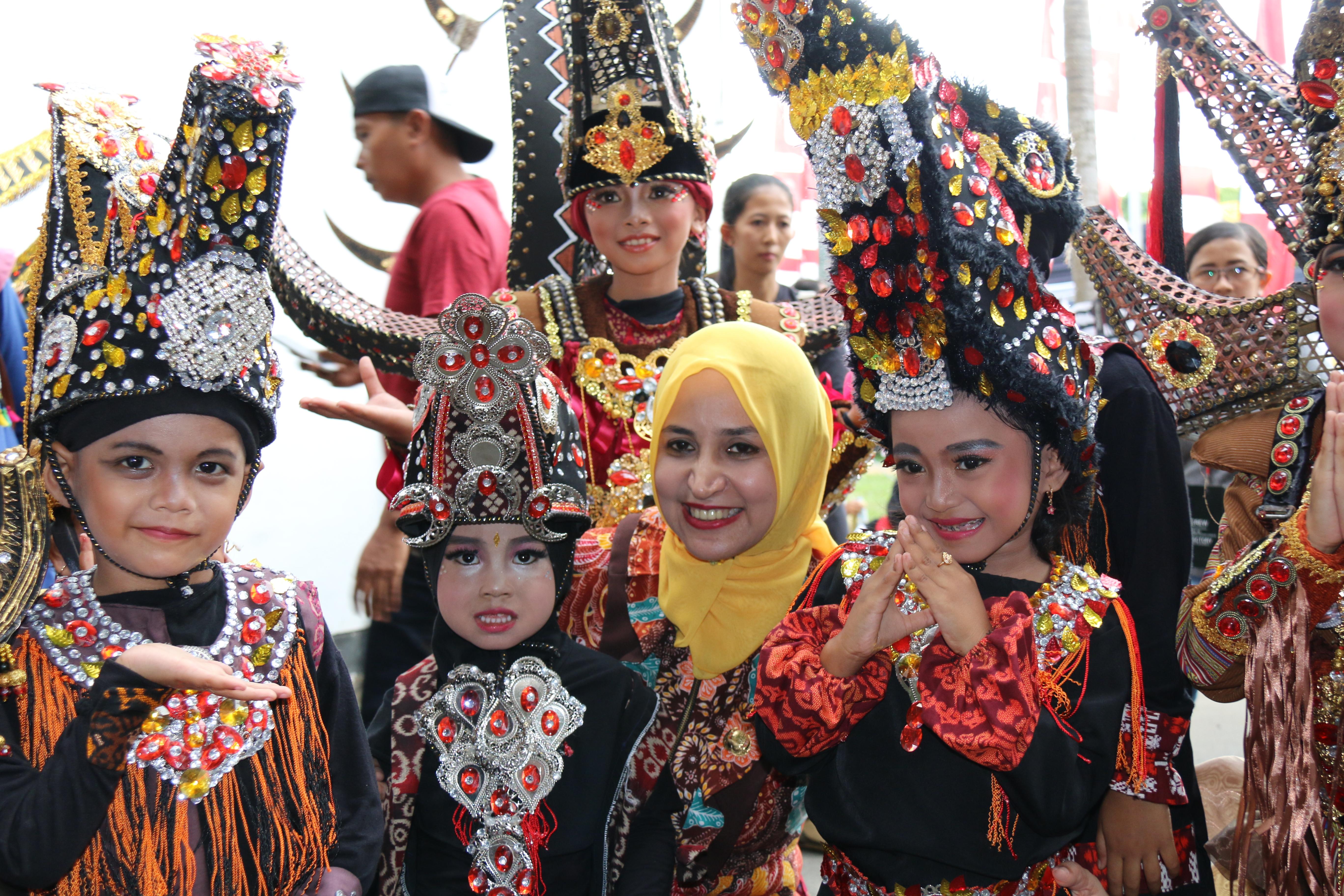Interview with Dr. Faida Thalib: Indonesian Mayor and WHRCF Guest Speaker
Written by Farida Mohammed.
“Dream big, dream together” is a slice of the modus operandi by which Dr. Faida encourages herself and her community to invest in the development of human rights. Now the first female mayor of Jember, Indonesia, Dr. Faida had long been a leader in the medical community, providing charitable medical operations and acting as CEO of a family hospital. Through corresponding with Dr. Faida, it has become apparent that little of her energy is spent on the fear of limitations, and obstacles are celebrated as both a ritual of growth and rediscovery of female and human empowerment. Recognized as a member of the 100 Most Powerful Businesswomen in Indonesia in 2011, she has gone on to receive numerous awards for her contributions to the medical community and for her creativity. Dr. Faida will be a guest speaker at the annual World Human Rights Cities Forum in Gwangju from September 30 to October 3, which will be held at the Kim Daejung Convention Center. Given her amazing accomplishments and expertise in the medical community, public service, and humanitarian assistance, it was a privilege to get to know the woman behind the success, as well as to get her perspective on some pressing matters in human rights.

Gwangu News (GN): You have an amazing story of women rising to power in fields traditionally dominated by men. Could you share some reflections about why you chose to get into politics, and what it was like making that change? What were some reasons that motivated you to move into the field of politics after a medical career, and what advice do you have for young women looking to follow in your footsteps?
Dr. Faida: Life must be beneficial for many people. Humans are given two hands, one to help themselves, one to help others. In addition, friendship consists of ears that want to hear, hearts that want to understand, and hands that are ready to help. When entering the sixth year of humanitarian operations (cleft lip surgery, clubfoot, hedrocyphalus, hernia, polydactyllis, and hyphospadia), the obstacles began to come.
I found out when entering the sixth year that there was an election for regional head (regent). At that time, I was rumored to have been a candidate for regent and, as a result, the humanitarian action I was carrying out was blocked. Annoyed by the hampering of my humanitarian activities, I began to think that if I had the authority as regent, then I could involve many people and mobilize many parties to help the wider community, not only the sick and poor, but also the unemployed in poor living conditions, as well as better-off residents.

Dr. Faida promotes human rights for the disabled.The position of regent did not interest me, but it was the authority as regent that attracted me to move forward as regent. The reward for one decision issued by a leader who is able to change the way of life of many people is better than 1,000 rak’ahs of the Sunnah [1,000 prayers]. Today’s women must dare to be pioneers. For me, the most important thing is that women have an equal opportunity to work. The main key to the advancement of women is in building self-motivation and fostering personal competence. In creating these conditions, all have the same opportunity. Men are indeed leaders in the family. But in the world of work, everything must follow the provisions and rules of the organization, where there is equal equality in career opportunities, both for women and men. Everything must be based on competency considerations.
GN: We live in a world that is being increasingly shaped by rapid advances in technology. Could you share your perspective on where and how you believe community-building meets technology?
Dr. Faida: What is eternal in the world is change itself. Entering the digital era, women must be literate in technology and open their broadest horizons following the times. Women in this era of openness must master information technology. Alfin Toefler once revealed that whoever controls information will rule the world. Advances in technology will open the door to the widest possible world. Women must be pioneers and dare to be pioneers of change.
GN: Can you share some information about Jember and the initiatives it has implemented at the city level to foster an environment supportive to the development of education and inclusiveness among different ethnic groups?

Jember’s location on the map.Dr. Faida: As a candidate for regent of Jember, I promised the public that I would realize 22 work promises. Included among the twenty-two were initiatives to provide equal opportunity to the basic rights of education and health. These initiatives led to the realization of the One Village One Ambulance Program and the granting of 10,000 tertiary education scholarships with a total budget of around Rp 118 billion.
I am grateful that we have been able to provide all neighborhoods with ambulances, totaling 248 vehicles, which provide free ambulance services to the people in the 31 subdistricts of Jember, whose population is around 3 million people.
Now, the people of Jember can also study up to the tertiary level because free scholarships have been provided. As noted, there have already been 10,000 scholarships given out by the government of the Jember Regency to residents of Jember for living expenses and tuition fees. The scholarship recipients from Jember Regency go on to study at various state and private universities throughout Indonesia.

Scholarship recipients vary broadly across society: children of poor citizens, people with disabilities, orphans, children of pedicab drivers, children of Qur’an teachers, child survival cadres, construction workers, teachers, and those who generally excel, among others. There is still BKSM (Special Assistance for Poor Students) for 6,500 students and a free education program worth a total of Rp 7.8 billion. All have the same rights to getting proper education, both the rich and the poor.
GN: You will be attending this year’s World Human Rights Cities Forum in Gwangju at a time when many cities are grappling with difficult human rights-related questions. What are you looking forward to in attending this year’s WHRCF, and what do you think is the value of such a forum at times like these?
Dr. Faida: I think this year’s World Human Rights Cities Forum in Gwangju can inspire many people to equalize perceptions and take steps in realizing the fulfillment of citizens’ rights. Human rights are not only a matter of violence against humans, but rather the fulfillment of basic human rights, such as the need for education, health, and equal rights to work – for men and women, rich and poor alike. Also, obtaining equal access to public facilities for persons with disabilities, mothers, and children should be part of this fulfillment.

GN: Jember is a city celebrated for its approach and initiative in the development of a human rights-friendly community. Could you talk more about the city’s history and how you participated in shaping it into the place it is today?
Dr. Faida: During my time as regent of Jember, all community services have been sped up, and there has been no extortion. Enforcement of rules and eradication of corruption is really being carried out. The basic rights of the people are given without having to pay, such as free education, free health care, free residence certificate services, as well as free licensing.
The Jember Regency also builds friendly human rights communities. The regent personally chooses officials to participate in human rights education and training in collaboration with the National Human Rights Commission. In the same class, there have been participants from NGOs and human rights activists. Starting from the alumni of this class, human rights communities from both government and society have been born.
GN: In light of your roots in Jember and your role as mayor, what observations and advancements has the city made over time in regards to inclusiveness and diversity that you are most proud of?
Dr. Faida: Jember now continues to improve, as it has been named a Human Rights-Friendly District. The Jember Regency makes policy through a regent regulation that requires companies to allot one percent of employment for people with disabilities, and this includes requiring that the construction of new buildings must be accessible to persons with disabilities. In addition, all public service facilities must be disabled-friendly. The Jember Regency also gives equal rights for citizens to worship according to their respective religions and maintains tolerance among religious believers, without distinction by race, religion, or ethnicity.
Photographs courtesy of Dr. Faida Thalib and Jember Regency
The Author
Farida Mohammed is an English teacher, avid reader, and novice writer living in the Jeonnam region. Before Korea, she lived in Spain, where she taught English, and prior to that, she worked in the field of human rights and migrants’ rights in the U.S. She has a degree in political science, Spanish, and international relations, and her main fields of interest are immigration rights and sustainable development.





